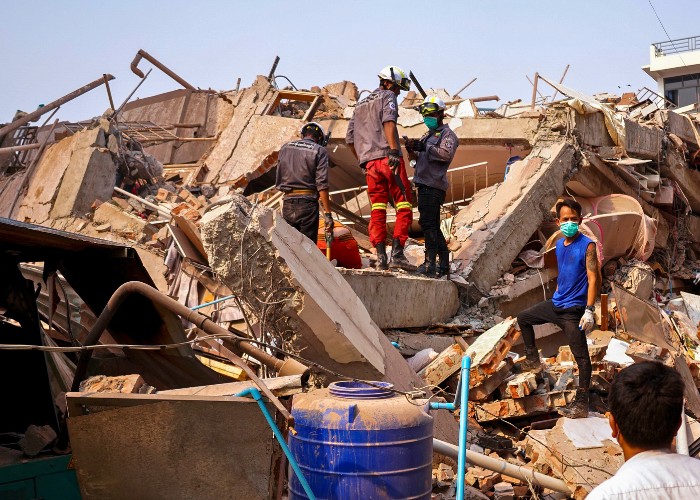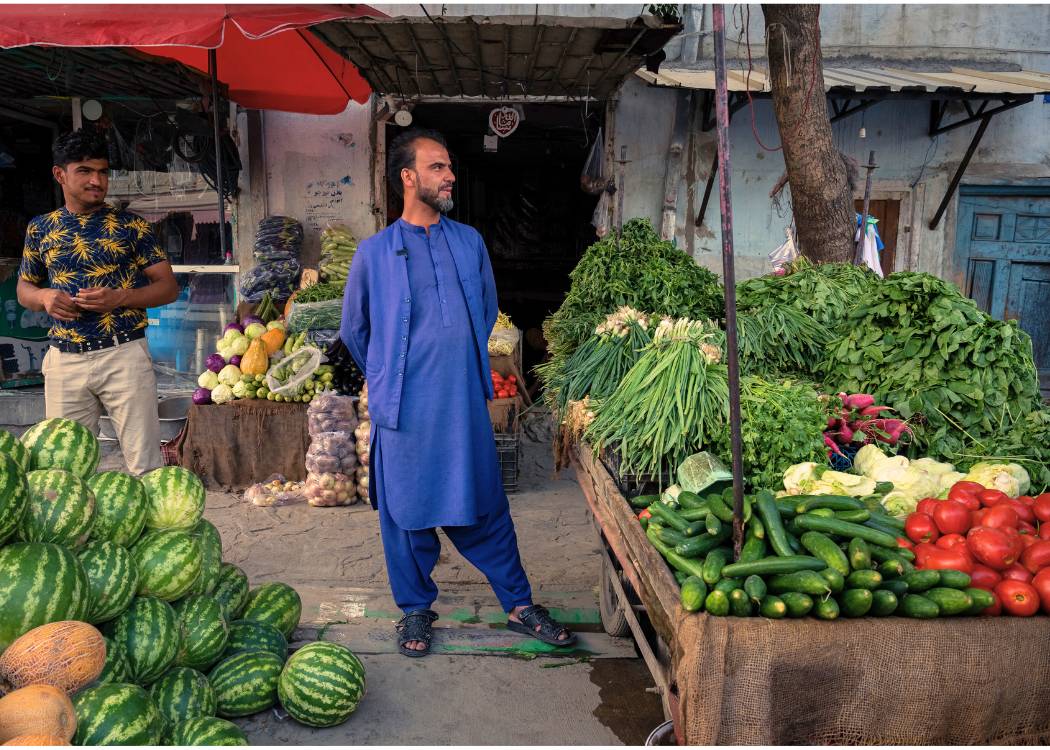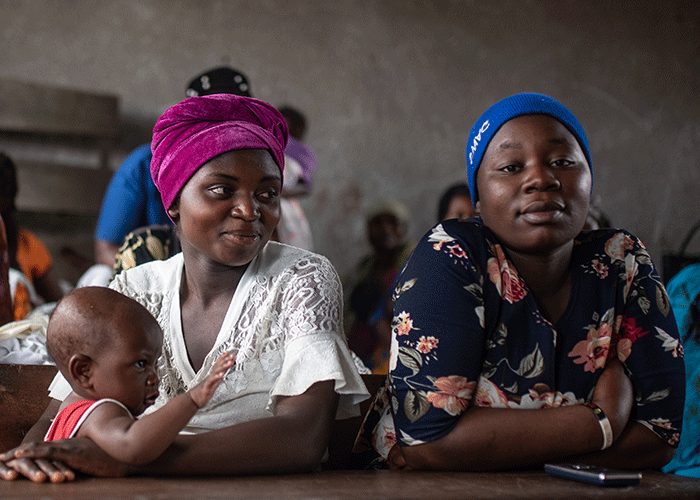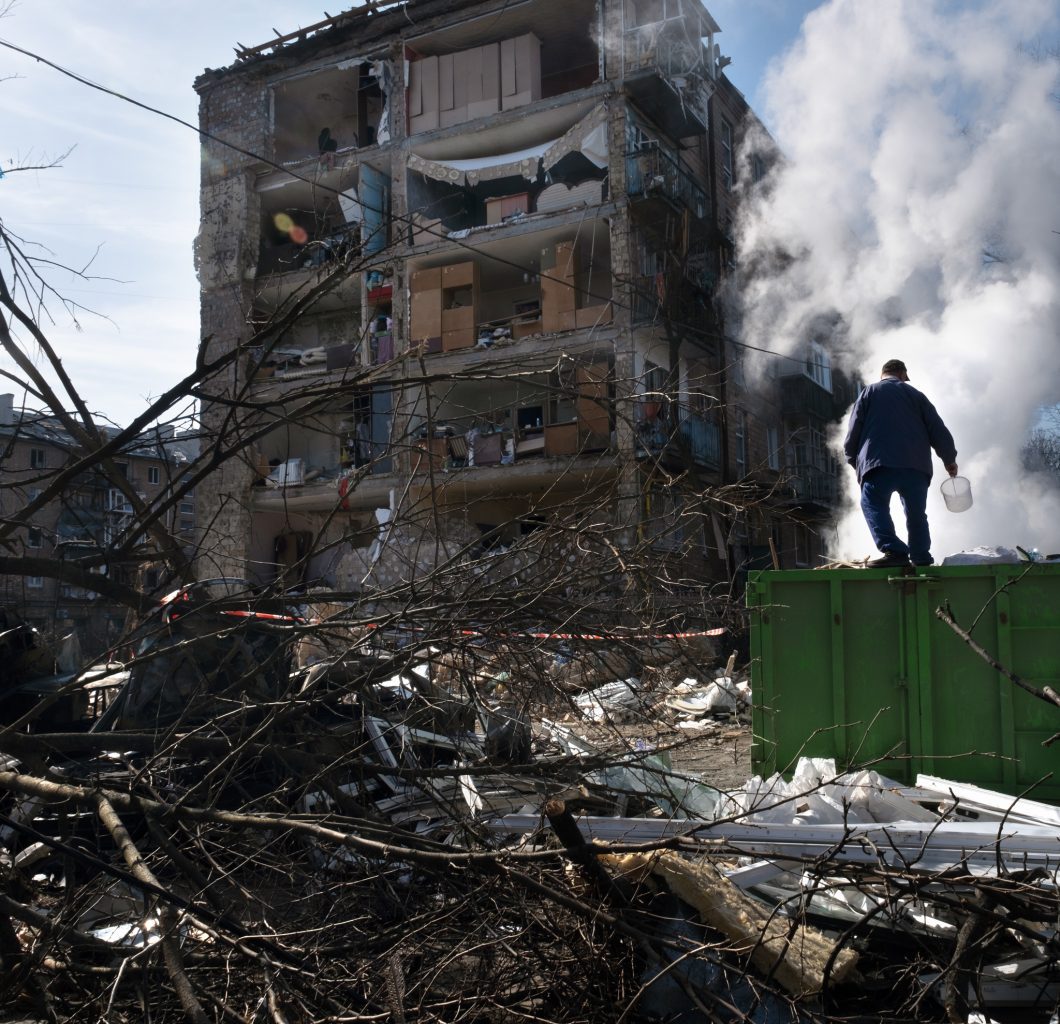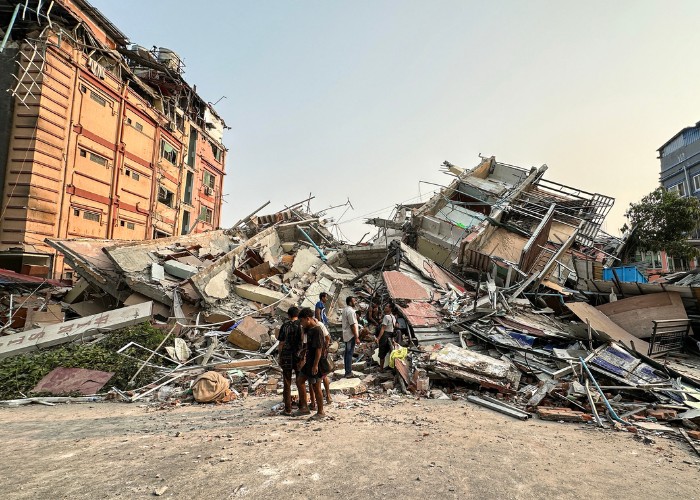Two weeks after a powerful 7.7 magnitude earthquake struck Myanmar, the scale of the emergency is still unfolding. Over 3,000 people have lost their lives and thousands more are missing. Search efforts continue across the six regions worst hit by the earthquake, where homes, health centres and food shops have been destroyed.
But amid the devastation, communities are coming together. And the immense strength of people in Myanmar is shining through.
“The people of Myanmar have a very high resilience. Everybody likes to help and everybody contributes in their own way.”
Solidarity and cooperation are crucial, as Myanmar is also facing an extreme heatwave. Families are enduring soaring temperatures of 40°C. People in cities like Yangon have limited electricity, some having power for just three or four hours a day.
Action Against Hunger has been working in Myanmar for over 30 years. Our programmes include responding to food insecurity, providing clean water, safe sanitation and good hygiene and mental health support.
And in the wake of the recent earthquake, we’re mobilising once again. We’re working together with local partners to provide life-saving aid like clean water, hygiene kits and food.
Working with local communities in Myanmar
One of the biggest challenges when getting people the aid they need is access, as the earthquake has destroyed roads and infrastructure.
But despite these challenges, our teams and partners are determined to reach local families most in need of support.
“It is highly important to work through local partners to guarantee access and to have the full trust of the local community.”
This trusted presence is key. Humanitarian aid efforts are being shaped by communities in Myanmar – because they’re the ones that understand the local context, know people in the area and recognise what support they need the most.
Our teams are also preparing for long-term recovery, including:
- distributing water filters
- running hygiene awareness campaigns to stop the spread of diseases
- setting up baby and child safe spaces
- providing psychological and mental health support.
“This type of disaster has a profound emotional impact to communities that have suffered human, material, and cultural losses. At Action Against Hunger, we’re working to address these needs.”
Delivering essential humanitarian aid to Myanmar
The situation in Myanmar is changing every day. Our team have shared that the most urgent needs are:
- clean water
- hygiene for children and their families
- food security for vulnerable people
- mental health support, especially for pregnant mothers and children.
We’re working with our partners in Myanmar to deliver essential life-saving supplies to communities affected by the earthquake.
But right now, more people need aid than ever. 19.9 million people in Myanmar already needed humanitarian support before the earthquake struck – and that number will continue to grow.
Will you donate to the DEC Myanmar Earthquake Appeal to help us provide families in Myanmar with the life-saving aid they need?

